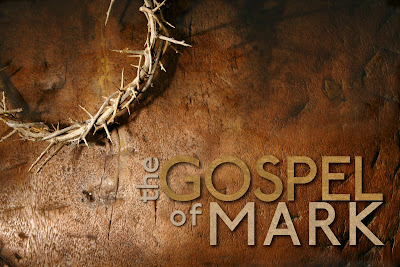-- Mark 9:8
We all have spiritual high moments; sometimes even seasons. They are mountain top experiences of inspiration. These times are important and real. They are however, also temporary.
For Peter, James and John the mountain top experience was literal. On a high peak they saw a transfigured Jesus (think whiter than white, with heavenly back-lighting). Then along side him were two giants of the faith - Moses and Elijah. (I've always wondered how they recognized the two - there were very few Instagram pics of the Moses and Elijah floating around at the time.) Then came an overwhelmingly thick and awesome cloud, with a voice speaking from it. Needless to say the view was spectacular; both inspirational and terrifying all at once.
As quickly as all this happened it was suddenly gone. No cloud. No heroes of the past. No bright lights. Just the the three guys - and Jesus. Mark writes, "... but Jesus only."
Though the view from the pinnacle is inspirational, and again, vital from time to time, it is the exception and not the norm. Not for the disciples. And not for us.
Experiences above the treeline help set our perspective. They add vision and focus. They inspire. But at least two things happen down the slopes that seldom occur on the mountain top.
1) Ministry occurs down the mountain. Read the story. The disciples come down with Jesus and are immediately faced with desperate need. And Jesus did the miraculous. In the same way, we are called to - and given opportunity for - ministry down the mountain side.
Peter wanted to stay on the mountain. He wanted to prolong the experience. At least one father and son down the mountain were glad that wasn't the case.
2) Growth takes place in the valleys. This is not fun and doesn't feel good to write or read. But we need the valleys. These are the places of greatest growth. And it is in the valleys that we most learn that God is present; even when (and especially) we don't sense him.
"Even though I walk through the valley of the shadow of death,
I fear no evil, for you are with me."
-- Psalm 23:4
By the way ... but Jesus only, is enough. And really that's the point. The same ... but Jesus only that shone on the mountain top and was the focus of the heavenly cloud-voice walks with you and me down the slopes and into the valleys. When we have ... but Jesus only, we have it all.
God, ... but Jesus only is enough for me...
For now...
D






